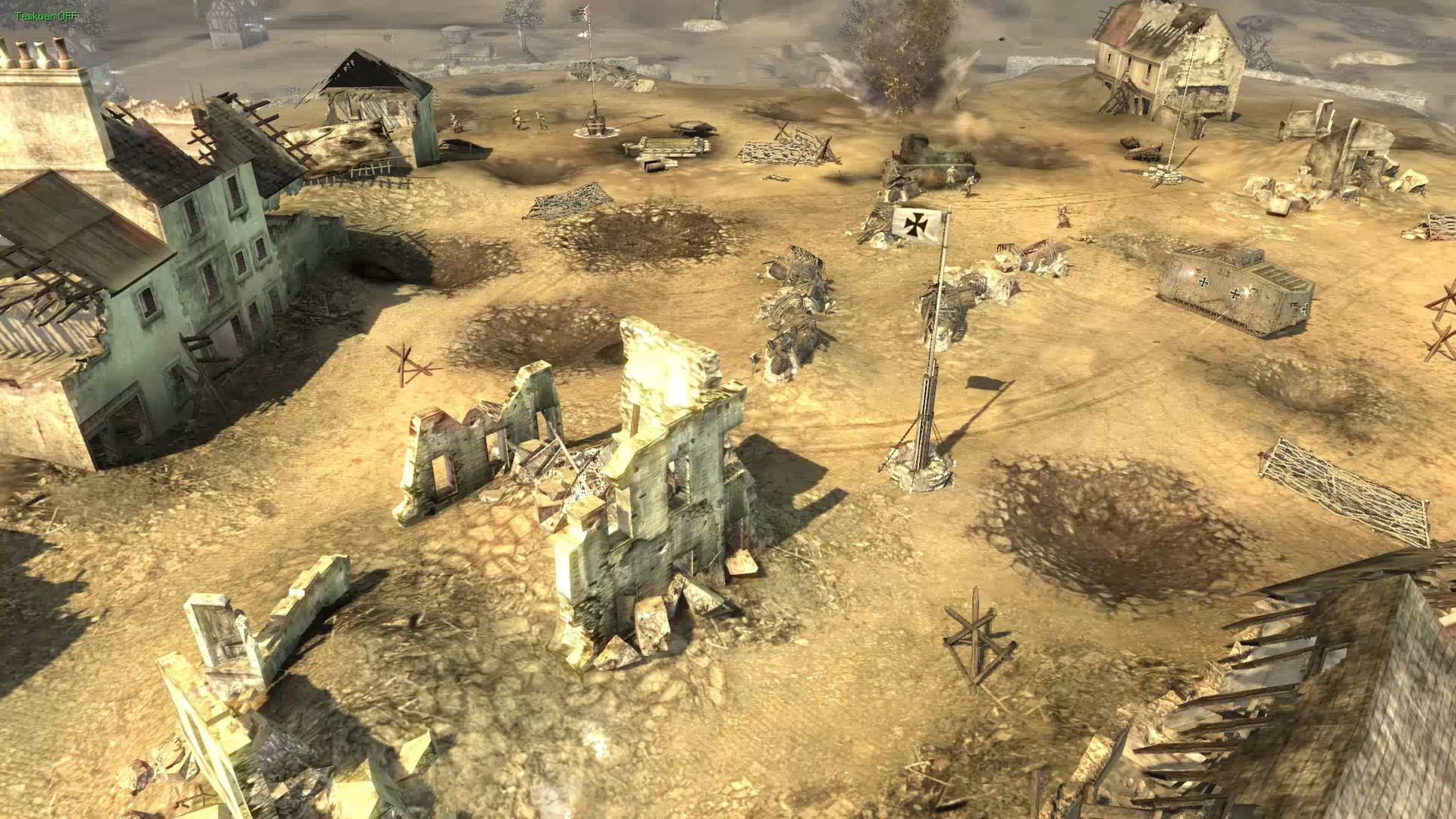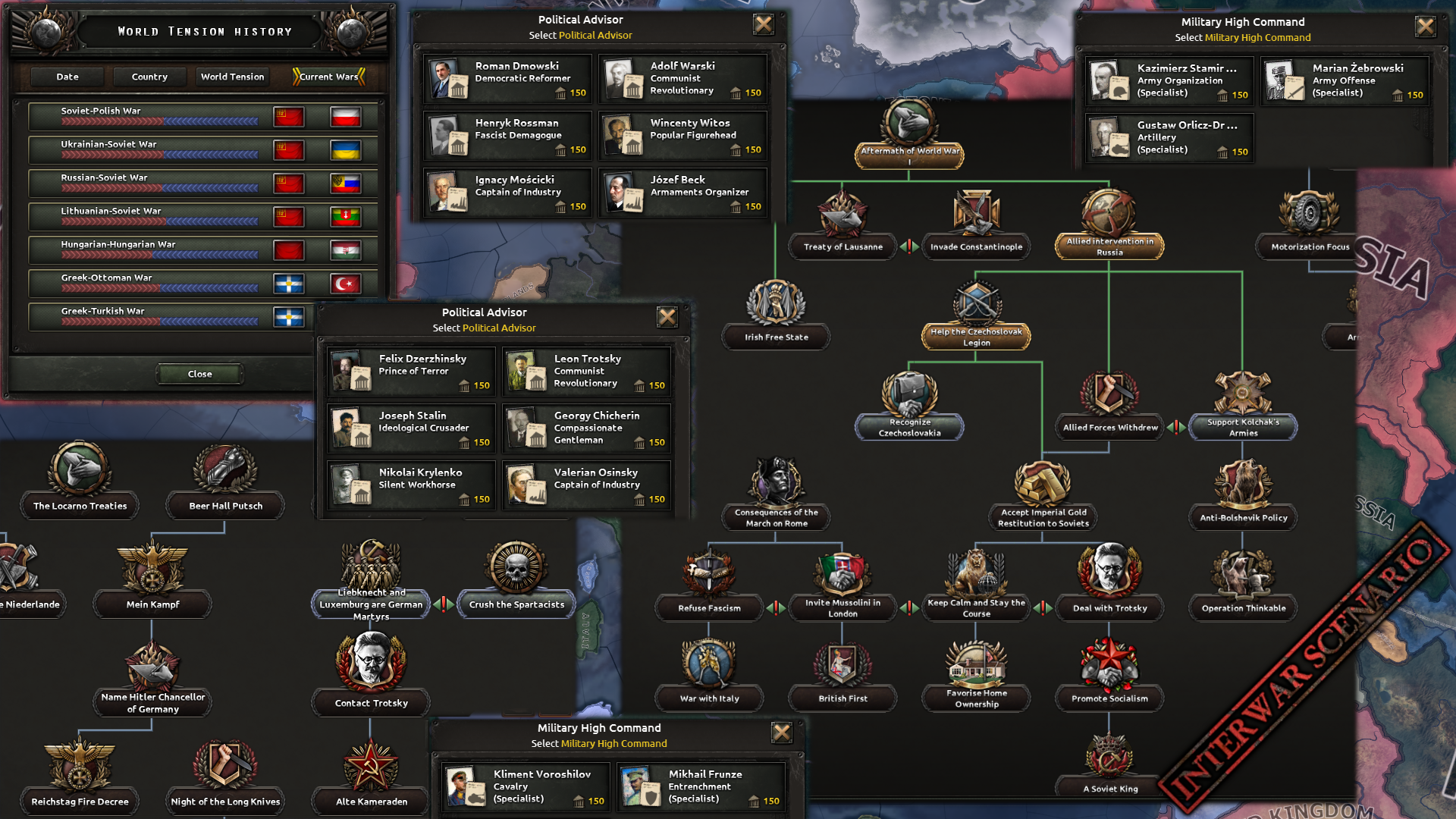
The fates of several characters left unresolved in the original book are now made clearer (most notably Avila and Abeleyn) and there are some tweaks here and there which clarify certain points.
#THE GREAT IRON WARS SERIES#
The final volume of the series has been criticised over the years for a number of reasons (most stringently by the author himself), and Kearney has addressed some of these issues through around 5,000 words of new material and rewrites. However, this does resolutely focus the narrative on Corfe's story, to its benefit. The notion of a man stripped of all the things that connects him to the world save his abilities in war becoming a great general is a familiar one, backed up here by a tragedy which the reader is aware of long before the characters, leading to a powerful conclusion that should feel contrived, but doesn't thanks to the circumstances that leads the characters to that point.Ī bigger problem in these two volumes is that events in the west take not so much of a back seat as an extended vacation, with Hawkwood and Murad's appearances reduced to mere cameos despite the gravity of the new threat from the west. His extremely rapid rise from ensign to colonel and to higher rank is on the fast side (although, that said, Napoleon's rise from artilleryman to general was fairly meteoric as well) but in the context of the story it is plausible. His character-building is also impressive, with Corfe becoming a particularly well-realised figure. It's a horrible and disturbing scene, dropped in as an ugly reality check amongst the impressive cavalry charges and roaring artillery exchanges, and works very well.



It is depicted as brutal and horrific, particularly a jaw-dropping sequence in the fourth volume when Kearney nails the problems faced by commanders when a small Torunnan force has to stand by outside a town being sacked by a large enemy formation whilst awaiting reinforcements. Yet Kearney is implacable in his refusal to glorify warfare. Whilst writing them Kearney took part in massive American Civil War re-enactments in the USA and this informs the writing of the several huge battle sequences in these volumes, among the most impressively-described ever achieved in the epic fantasy subgenre (the Battle of the North More, the King's Battle and the conflagration at Armagedir vastly outstrip any of the battles in A Song of Ice and Fire or the Malazan series in their vividness). The success of this structure has been hotly debated over the years, with a general feeling that Ships From the West is not as strong a conclusion as may be wished.īefore reaching that point, the third and fourth books are a triumph.
#THE GREAT IRON WARS FULL#
The Iron Wars and The Second Empire form one long narrative as the Ramusian and Merduk armies clash for dominance of eastern Normannia, civil conflict breaks out within the Ramusian Church over certain revelations about its origins and as Abeleyn battles to hold his throne, whilst Ships From the West is effectively a sequel to the rest of the series, set seventeen years further down the line when the threat glimpsed during Richard Hawkwood's adventures is finally unleashed in full fury. The structure of this omnibus is different to that of the first. The heretic kings Abeleyn of Hebrion and Mark of Astarac have regained their thrones and thrown back the forces of the Himerian Church, but a greater danger is now unveiled as a single ragged ship flees out of the Great Western Ocean, bearing stories of madness and death in a new and untamed land.Ĭentury of the Soldier collects together the latter three volumes of Paul Kearney's Monarchies of God series: The Iron Wars (1999), The Second Empire (2000) and Ships From the West (2002), and concludes the series in a strong, if not flawless, manner. From the west an army of the Fimbrian Republic marches to Torunna's relief, but the ultimate fate of the kingdom rests in the hands of a lowly cavalry colonel and his ragtag troops. Stymied before the guns of Ormann Dyke, the Merduks have now outflanked the fortress through a seaborne invasion and threaten to destroy its defenders from the rear. From the east and north come the Merduks of Ostrabar, having overthrown the Holy City of Aekir and now prosecuting the invasion of Torunna.

A great clash of civilisations is underway.


 0 kommentar(er)
0 kommentar(er)
